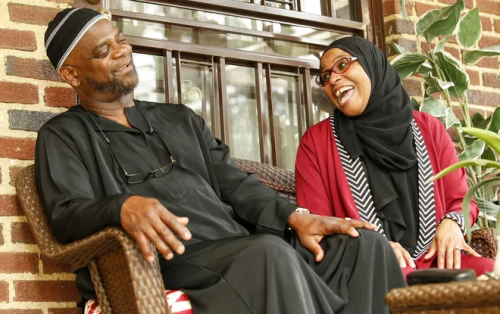Creating and sustaining intergenerational wealth is a vital aspect of financial planning that significantly impacts families over generations. In many cultures, including Uganda, the role of men in this process is particularly pronounced. Let us explore the importance of men’s contributions to the creation and sustainability of intergenerational wealth, emphasizing their responsibilities, opportunities, and the cultural context that shapes these dynamics.
Intergenerational wealth refers to the assets, resources, and financial knowledge passed down from one generation to another. This concept encompasses not only monetary assets but also investments in education, property, and cultural values that contribute to a family’s overall financial health. The persistence of wealth across generations is often influenced by various factors, including economic conditions, family dynamics, and individual choices.
The Role of Men in Wealth Creation
Men traditionally hold significant roles in financial decision-making within families. In many Ugandan households, men are often viewed as the primary breadwinners and financial providers. This societal expectation places them in a pivotal position regarding wealth creation and management. Here are several key areas where men can make substantial contributions:
- Financial Literacy and Education: Men have the opportunity to enhance their financial literacy and pass this knowledge on to their children. Understanding concepts such as saving, investing, and budgeting is crucial for building a solid financial foundation. By educating themselves and their families about money management, men can foster a culture of financial awareness that benefits future generations.
- Investment Decisions: Men often take the lead in making investment decisions, whether in business ventures or other assets. Strategic investments can significantly grow a family’s wealth over time. By carefully considering where to allocate resources and involving family members in these discussions, men can ensure that investment decisions align with long-term family or personal goals.
- Estate Planning: Proper estate planning is essential for the smooth transfer of wealth between generations. Men play a critical role in establishing wills, trusts, and other legal frameworks that protect family assets and ensure they are passed down according to their wishes. Engaging in open discussions about estate planning with family members can help clarify intentions and reduce potential conflicts.
- Role Modeling: As fathers or male guardians, men serve as role models for their children regarding attitudes toward money and work ethic. Demonstrating responsible financial behaviors—such as saving regularly or making informed spending choices—can instil similar values in children, promoting responsible financial habits that last a lifetime.
Building Sustainable Wealth
To ensure that intergenerational wealth is not only created but also sustained over time, men should consider the following strategies:
- Encourage Open Communication: Foster an environment where family members feel comfortable discussing finances openly. This transparency helps demystify money management and encourages collective responsibility.
- Invest in Education: Prioritize education for children as a long-term investment in their future earning potential. This includes not only formal education but also teaching practical financial skills at home.
- Diversify Investments: Encourage diversification of investments across various asset classes to mitigate risks associated with market fluctuations. A well-rounded investment portfolio can provide stability for future generations.
- Focus on Legacy Building: Shift the focus from merely accumulating wealth to building a legacy that includes values such as generosity, community involvement, and responsible stewardship of resources.
Men play a crucial role in the creation and sustainability of intergenerational wealth. By embracing their responsibilities as financial educators, decision-makers, and role models, they can significantly impact their family’s financial future. Men must nonetheless recognize that creating sustainable intergenerational wealth is a shared responsibility with women, as inclusive financial discussions enhance collaboration and lead to better wealth strategies. However, they face challenges such as economic pressures from job instability and cultural expectations that emphasize traditional roles, but once navigated, there is room for strong financial growth and wealth preservation.
Disclaimer: This blog post is for informational purposes only and does not constitute financial or legal advice. Always consult with a qualified professional for personalized guidance.













